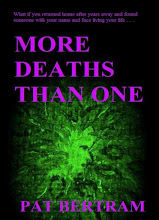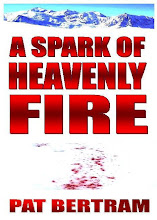Performing artists like actors and comedians know that timing is everything. Without the right pause, the right word, the right gesture, the piece falls apart.
Life too is all about timing. Turn a corner and bump into a stranger who will become your mate. Run back into the house to answer the phone before you leave for work and later discover you missed being in an accident by those few minutes. Invest in a friend’s start-up business as a favor and end up being a millionaire.
Getting published is all about timing, too. You’ve written and rewritten your masterpiece, but you can find no takers. At best, you’re inundated with form rejection letters; at worst, you’re ignored. It’s entirely possible you are correct and your masterpiece is the bestseller-waiting-to-happen that you know it is. So how come you can’t get published?
Timing. As in the performing arts and the art of life, timing is everything, but unlike the performing arts, you cannot stand before a mirror and practice until you master your timing. All you can do is keep sending out your manuscript in the hopes that one day it will be on the right desk at the right time. Because one thing is certain, your desk is not the right one.
So how do you cope with all that rejection? Don’t think of it as rejection. Think of it as practicing your timing. Practice may not make perfect, but it does give you a chance.
After all, Gone with the Wind was published after being rejected thirty-two times.
I’ve always enjoyed working with my hands to create original art pieces and
because I’ve tried quite a few different areas of art, I rather quickly
realize...







